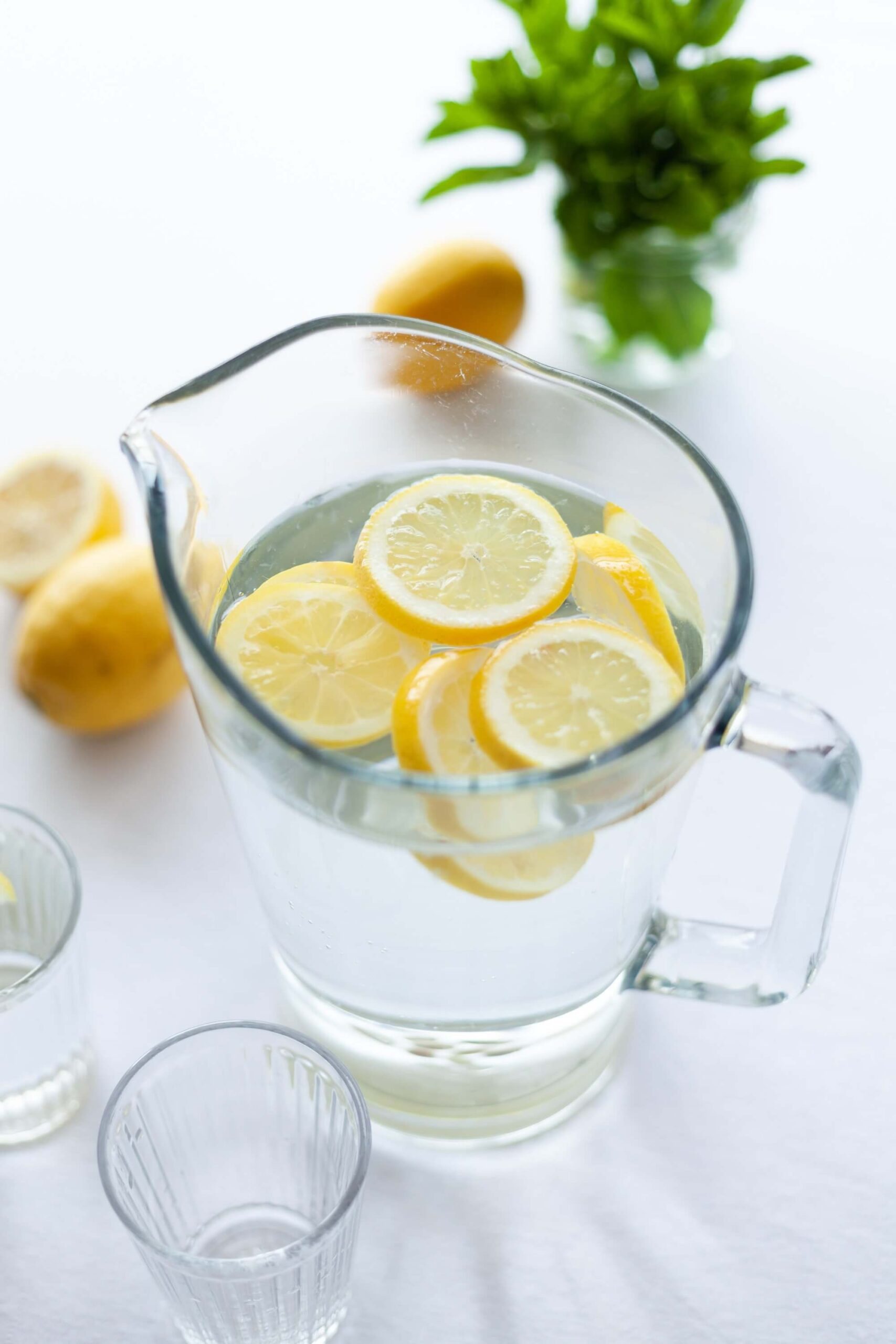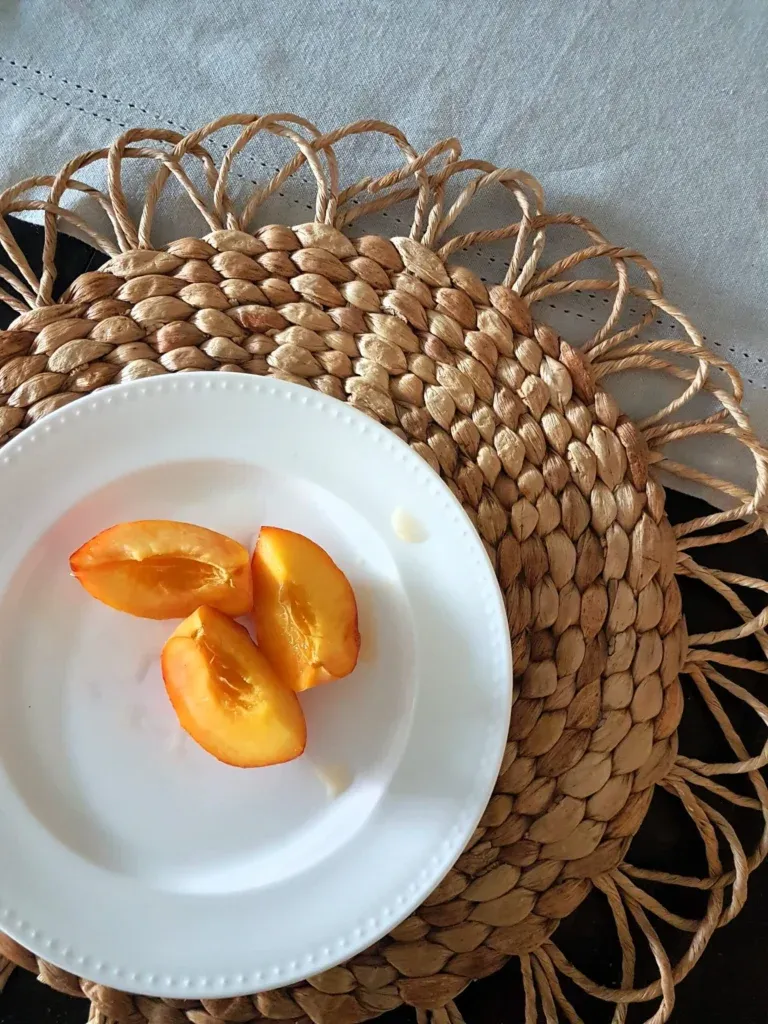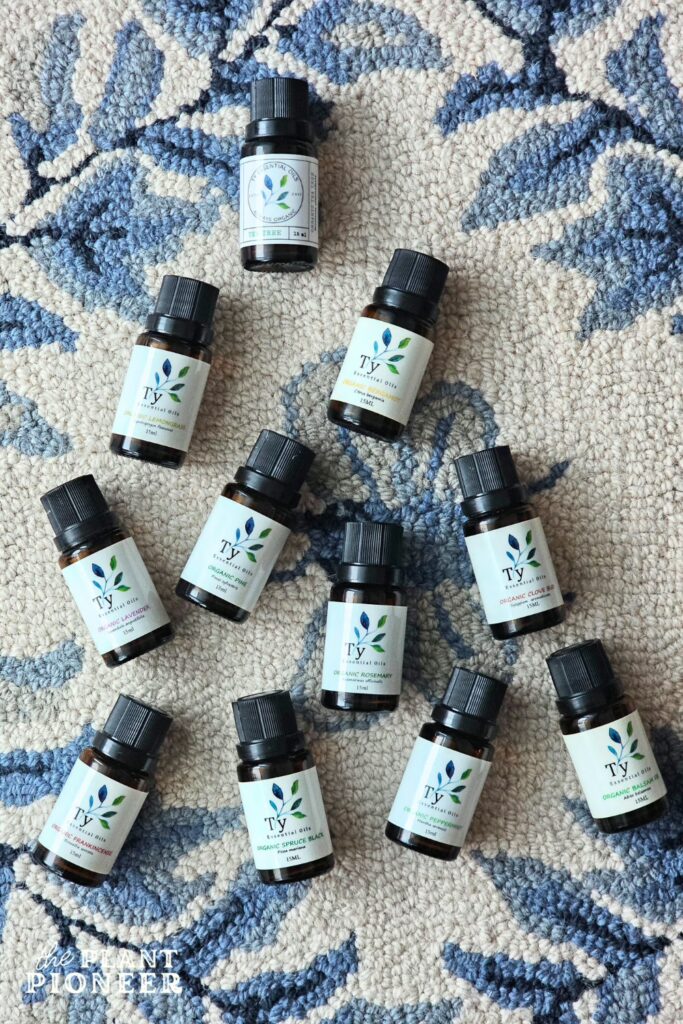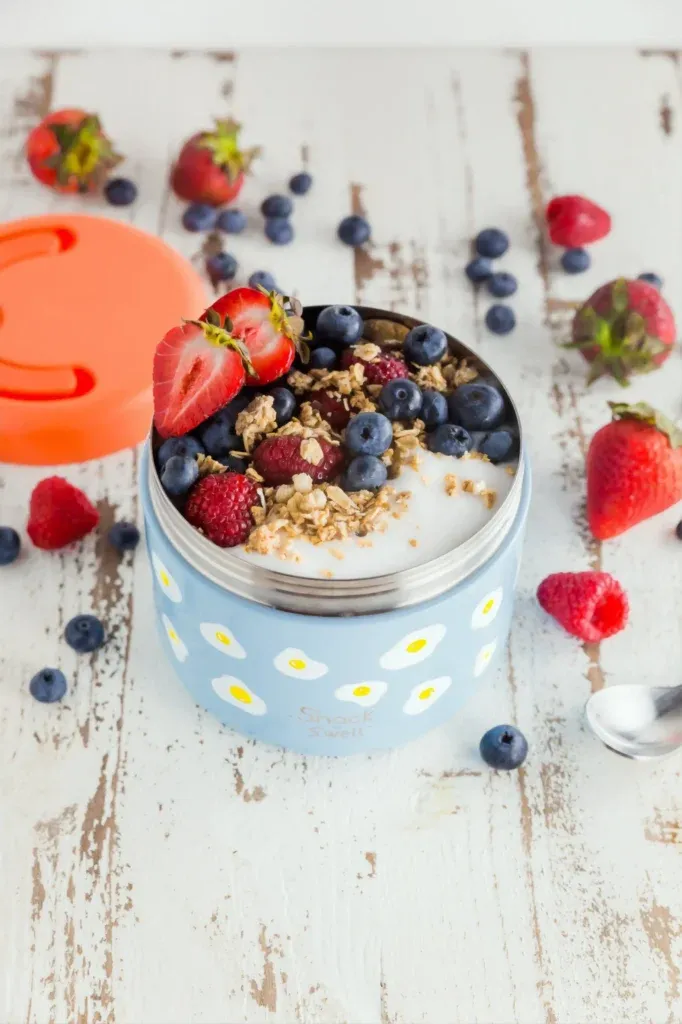Simple Tips to Improve Your Digestion
Digestion and gut health have become a hot topic in the health world and for good reason. Digestion is so important to our overall health. It’s how our body attains the needed nutrients to function, and poor digestion can lead to all sorts of problems from nutrient deficiencies to poor energy and headaches, to more serious autoimmune diseases. While we are now gaining a much deeper knowledge of the importance of a healthy digestive system, it is a concept that has been known for quite some time. As said by Hippocrates, “All disease begins in the gut”.
Do you suspect that you may be having trouble digesting food properly? Maybe you’re always tired and sluggish after eating, or maybe you’re experiencing other symptoms of indigestion like gas and bloating. Depending on the severity of your symptoms, you may wish to see a naturopathic doctor to be evaluated.
There are many things that can cause poor digestion, such as chronic stress resulting in poor pancreatic and adrenal function. Food allergies or sensitivities may be suspected, which can be caused by “leaky gut” syndrome, resulting from damage to your intestinal lining (a problem with your intestinal permeability) that, to put it simply, allows large molecules of undigested food into your bloodstream along with other toxins and bacteria, which triggers an immune response. While the topic of digestion can lead to a very lengthy discussion, here I wanted to share some simple tips that you can easily incorporate into your life right away to help improve your digestion.
Whatever your reason for wanting to improve your digestion, incorporate some of these into your lifestyle habits!

Chew your food thoroughly! This one is a no-brainer, but I had to mention it because it’s so important! Some people may not even realize why this is significant. Thoroughly chewing your food allows your body to more easily access the nutrients in the food, and lessens the energy needed to digest the food, which means you’re more likely to absorb all the nutrients in the food and feel energized after eating rather than sluggish.
Drink lemon water before eating. This can help stimulate gastric juices, which aids digestion. Squeeze half a lemon into a glass of water and drink 20 to 30 minutes before eating. This is also a great way to start your morning!

Drink apple cider vinegar diluted in water or juice before eating. Similar to the point above, apple cider vinegar helps increase your stomach acid (hydrochloric acid) for digesting protein and fat. Add 1 tsp – 1 tbsp to some water or juice and drink 20 to 30 minutes before your biggest meal of the day. (Don’t do this if you frequently experience heartburn, as this may be a sign that you produce too much hydrochloric acid.)
Have peppermint or cinnamon tea after your meal (made with the real herbs and not artificial flavouring!). These may give your digestive system the boost it needs! Peppermint relaxes the digestive muscles and is great after meals to soothe indigestion. It is often recommended for irritable bowel syndrome. Cinnamon tea is able to stimulate weak digestion.
Don’t drink too much water with your meals. Why? Drinking water too soon before, after, or with a meal can dilute your stomach acid and other digestive enzymes, making digestion more difficult. A small amount of water with your meal is ok (less than 1 cup), but avoid large amounts. A basic guideline to follow is not to drink too much 30-60 minutes before and after eating.
Maintain a thankful and joyful attitude when eating. I know this may be hard sometimes, especially for those who may be going through a difficult time and find it tough to eat in the first place. Meal times can also be a source of stress for some people. However, it is worth mentioning since stress and negative emotions have such a huge impact on our body systems. The idea of simply having a positive attitude when eating may sound simplistic, but negative emotions and stress around mealtime can actually interrupt proper food digestion! Blood flow is diverted away from the digestive organs when the body is in a state of emotional stress.

Relax while eating and avoid doing other activities at the same time, such as watching tv, writing emails, or engaging in an intense conversation. This ties into the point above. You want your body to be relaxed and able to focus its energies on digestion. Doing other activities can pull blood flow away from the digestive organs, as well as distract you from chewing properly and knowing when you’re full.
Keep your meals simple. Meals that consist of many different foods and ingredients are harder for your body to digest, using up more energy and making it take longer. Simple meals are not only easier to prepare, but they will leave you feeling lighter, less bloated, and more energized.
I hope you’ll be able to implement some of these simple tips into your daily routine and reap the benefits of improved digestion!







Join the List
Stay informed & receive my latest healthy living tips to your inbox.